Local civil society organization PARCEM has expressed deep concern over what it sees as a troubling shift toward authoritarianism and unchecked power, following the ruling CNDD-FDD party’s overwhelming victory in the June 5 parliamentary and communal elections.
In a press briefing on Monday, PARCEM criticized what it calls “an atypical situation” in the country. The CNDD-FDD party, in power since 2005, won all seats in the national parliament and the vast majority of positions in local councils—an outcome that Faustin Ndikumana, the group’s national director, warned could lead to widespread political, economic, and social exclusion.
“With no room left for opposition, there’s a real risk of legendary exclusion,” Ndikumana said. “We fear that in many aspects of daily life—especially in public administration—not being a member of the ruling party could be treated almost like a crime.”
According to PARCEM, the monopoly on power could pave the way for increasing levels of intimidation, dictatorship, and impunity, particularly at the local level where institutional checks are weakest. Ndikumana cited what he described as recent efforts to silence opposition voices from even commenting on the election results.
“There’s a risk of seeing institutions locked down, controlled by a single political force, and used to suppress dissent,” he warned. “When one party controls everything, some of its members may start to behave as if they’re above the law.”
The organization is also worried about how this concentration of power might impact public resources. Ndikumana raised concerns about a potential blurring of lines between the state and the ruling party, warning that government funds and party interests could become indistinguishable.
“There’s a real danger that the CNDD-FDD becomes a ‘party-state’ where state assets are managed as if they belonged to the party itself,” he said.
Economically, PARCEM fears that access to public contracts and market opportunities may become limited to a small circle of politically connected individuals, further marginalizing independent entrepreneurs and widening inequality.
In light of these concerns, the group is calling on President Evariste Ndayishimiye to take “bold and concrete measures” to prevent these trends from taking root. It is also urging the public to stay vigilant and continue holding leaders accountable, particularly as the country grapples with ongoing economic challenges.
Despite the criticism, President Ndayishimiye has defended the election results. Speaking at a press conference in Gitega on Saturday, he described the CNDD-FDD’s clean sweep as a sign of “democratic maturity” and insisted that the vote reflected the will of the people.
“In a democracy, sometimes one party wins by a wide margin. That alone doesn’t make it undemocratic,” the president said. “What matters is that citizens are free to speak and take part in the political process.”
The government says the new institutions will serve all Burundians, regardless of political affiliation. But civil society groups, opposition parties, and even the Catholic Church remain skeptical, warning that the path ahead could further erode democracy if power is not balanced by accountability and transparency.

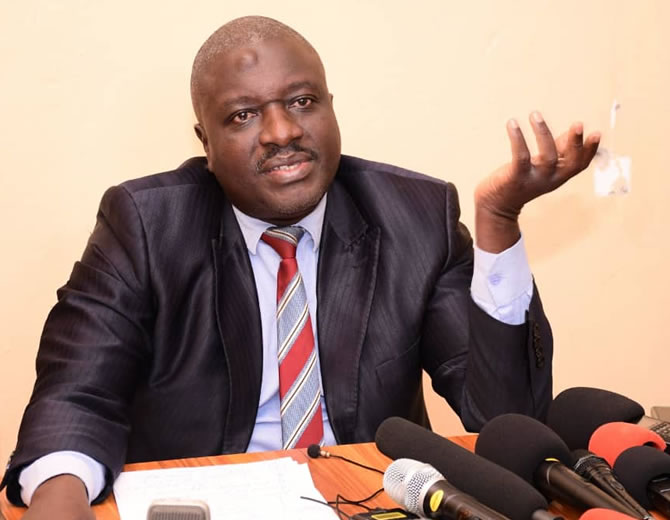
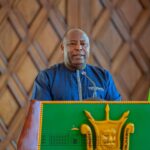
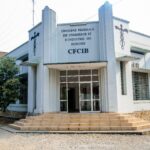
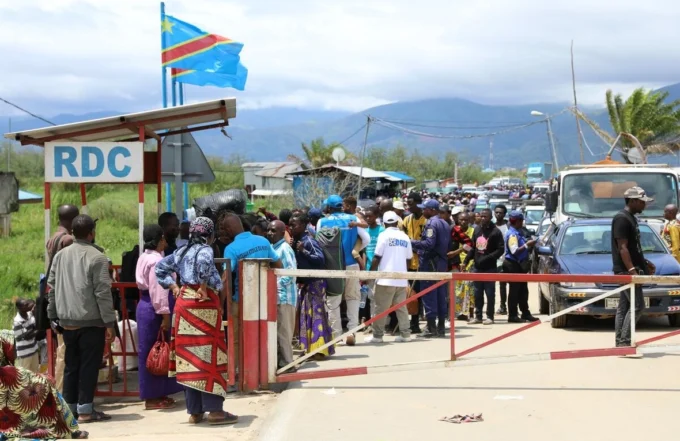
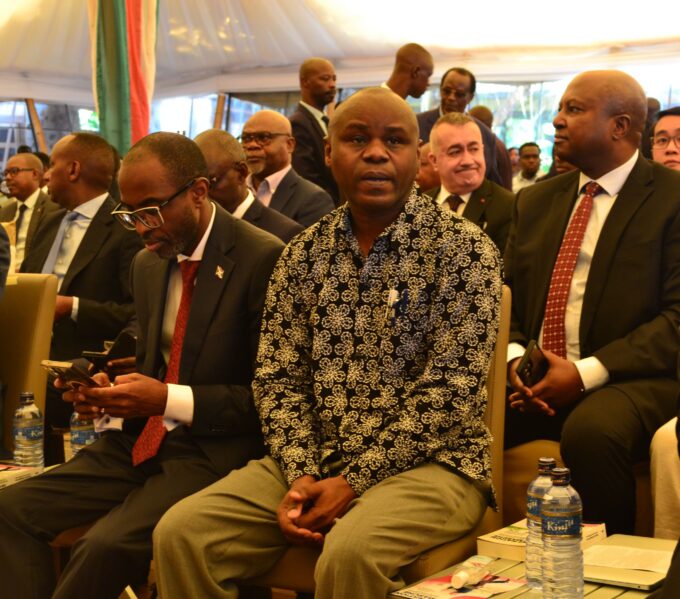


Leave a comment